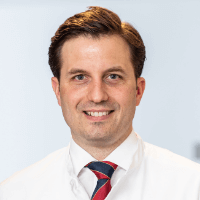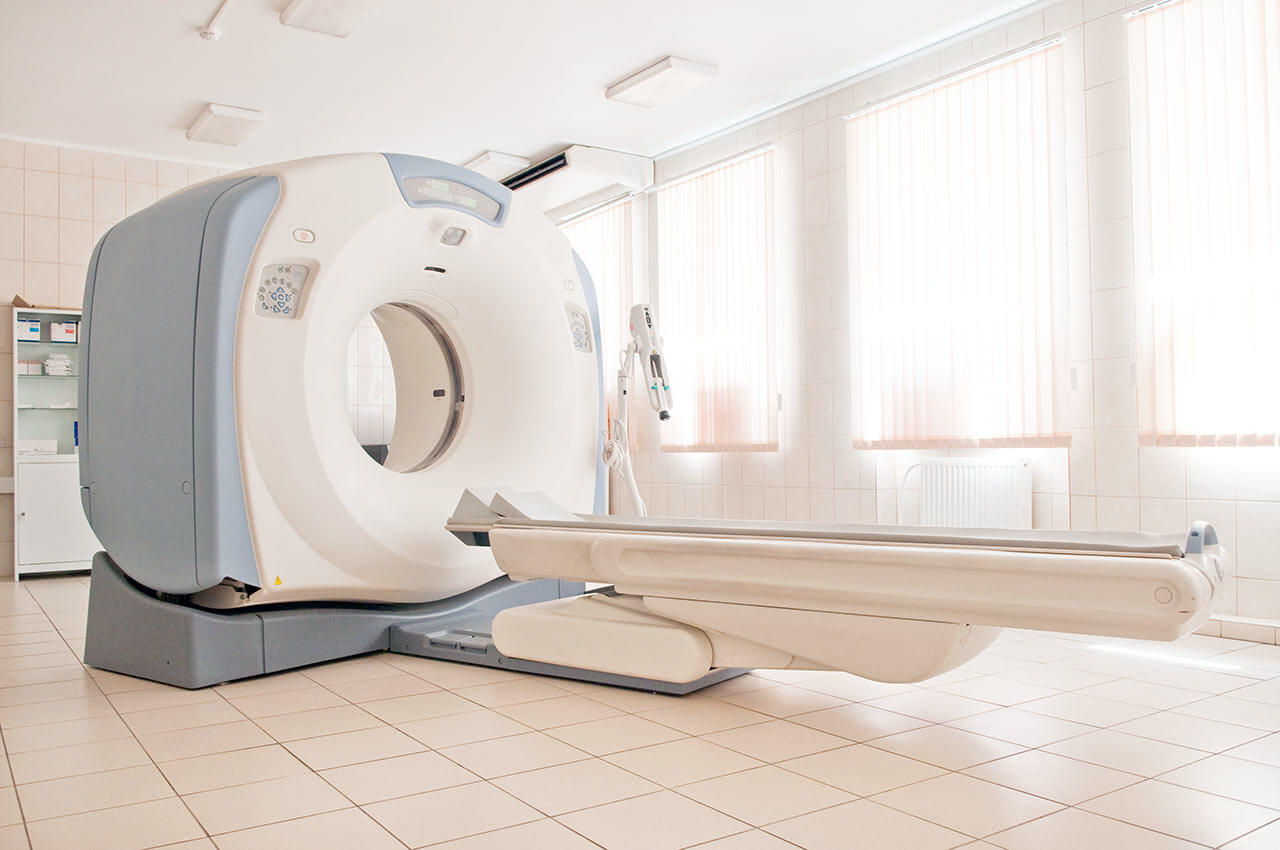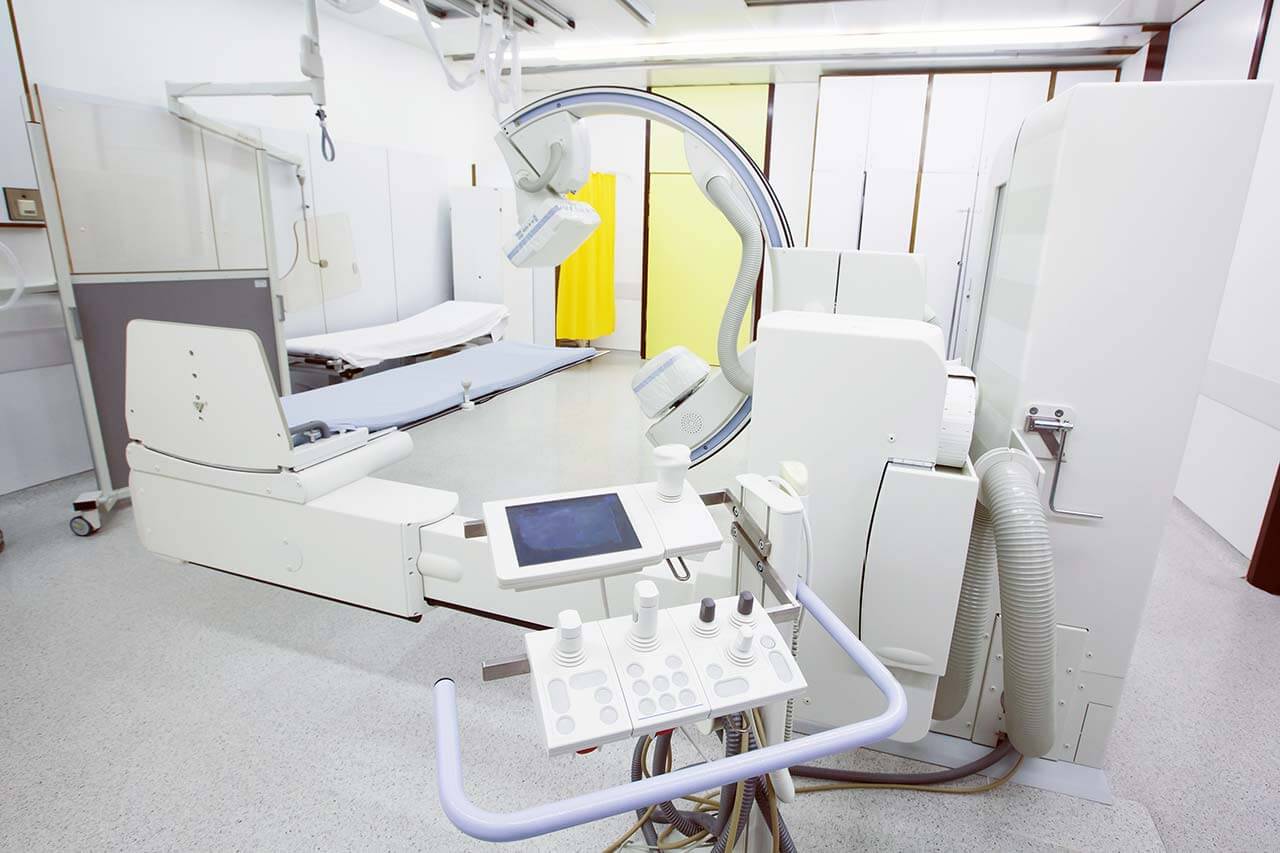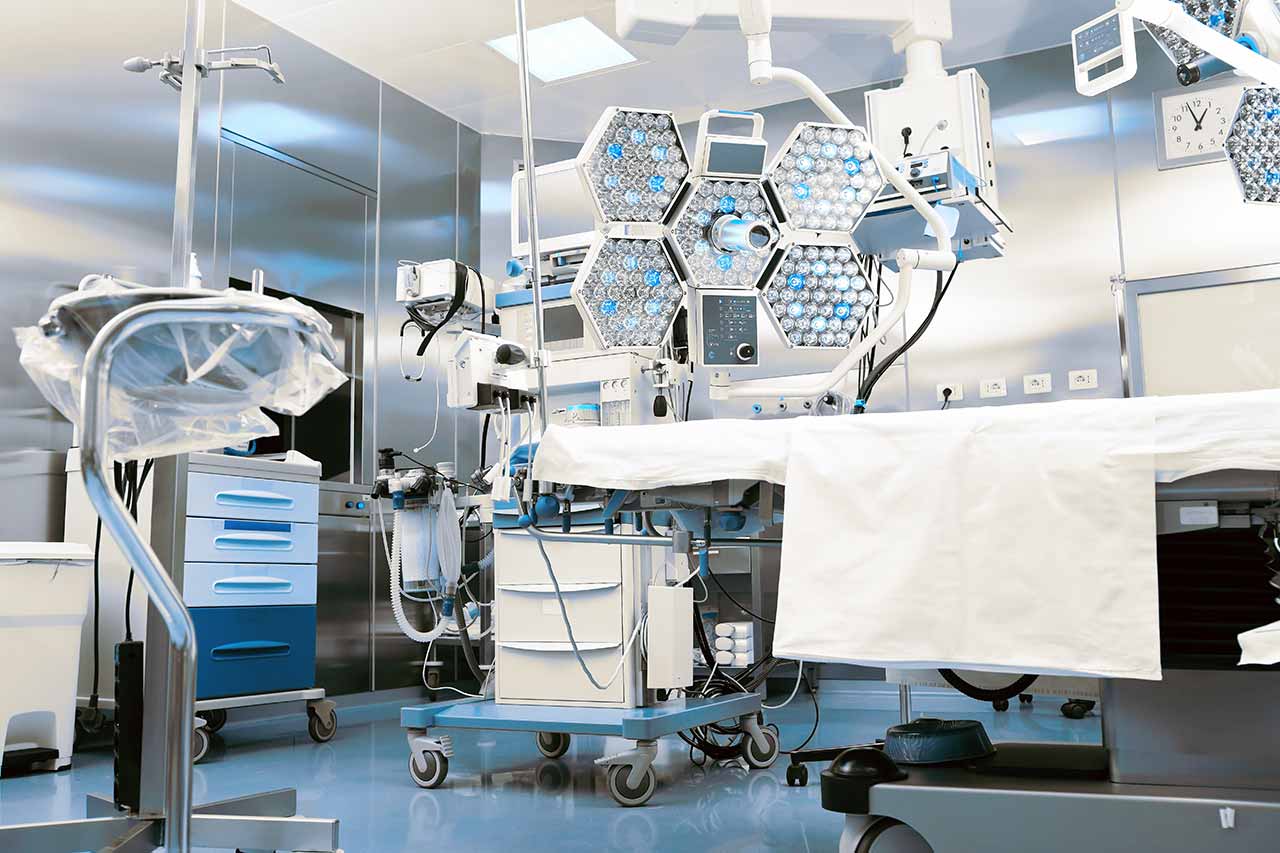
The program includes:
- Initial presentation in the clinic
- clinical history taking
- physical examination
- review of medical records
- laboratory tests:
- complete blood count
- indicators of inflammation (CRP, ESR)
- otorhinolaryngological examination:
- Dix-Hallpike testing
- nystagmus testing
- speech audiometry
- tympanometry
- eustachian tube testing
- testing of blood pressure and buzzing in case of tinnitus
- otoacoustic emission test
- brainstem audiometry
- VEMP (Vestibular evoked Myogenic Potential)
- video head impulse testing
- eye movement testing
- CT of petrous pyramid (on indication 650 €)
- contrast-enhanced MR imaging on labyrinth in 3D (on indication 1200 €)
- nursing services
- consultation of related specialists
- consultation of the chief physician and all leading experts
- development of individual treatment plan
- written statement
Required documents
- Medical records
- Audiometry (if available)
- Temporal bone CT scan (if available)
Service
You may also book:
 BookingHealth Price from:
BookingHealth Price from:
About the department
The Department of Adult and Pediatric Otolaryngology at the University Hospital Freiburg offers treatment of all diseases of the throat, nose and ear at the highest university level. Treatment of patients with cancer is provided within the framework of the certified Center for Head and Neck Cancer. The department also specializes in the diagnostics and treatment of congenital and acquired hearing loss and deafness, diseases of the skull base and orbit, voice pathologies, hearing and speech disorders in children, a wide range of allergic diseases, etc. The department is headed by Prof. Dr. med. Andreas Knopf.
The treatment of patients with head and neck cancers is one of the clinical priorities of the department. It is provided within the framework of the certified interdisciplinary Center for Head and Neck Cancer (at the Interdisciplinary Cancer Center Freiburg). With the certificate of the German Cancer Society, the department is one of 12 leading Cancer Centers in Germany. The department has an experienced team of surgical oncologists and offers the full range of surgical treatments of head and neck tumors, including reconstructive interventions and treatment with epitheses to restore the appearance and function of the affected organ. The use of computerized surgical navigation and nerve monitoring systems contributes to the provision of optimal treatment and the best possible patient safety.
Skull base surgery is another important focus of the department. If indicated, surgical interventions are performed for benign and malignant tumors or traumas of the external, central and lateral base of the skull. Close collaboration with the Department of Neuroradiology is of crucial importance for surgery planning. Tumor size and process localization are determined by CT and/or MRI, MR angiography, digital subtraction angiography. If necessary, selective embolization of the affected vessels or therapeutic vascular occlusion is also included in surgical planning. Thus, surgical risks and intraoperative blood loss are minimized, thanks to which in most cases patients do not require blood transfusion.
The range of the department’s diagnostic and therapeutic services includes:
- Auditory brainstem implant (ABI) installation
- Treatment of the acoustic neuroma
- Cochlear implantation
- Diagnostics and treatment of allergic diseases
- Diagnostics and treatment of otolaryngological infectious diseases
- Implantable hearing aids
- Inner ear surgery
- Bone-anchored epitheses
- Laser surgery
- Laryngeal microsurgery
- Middle ear microsurgery
- Microscopic endoscopic sinus surgery
- Plastic reconstructive surgery
- Skull base surgery
- Severe hearing loss, acute hearing loss
- Hearing and speech disorders in children
- Acute and chronic tinnitus
- Sleep disorders and sleep-related breathing disorders
- Traumatology
- Tumor surgery
- And other diagnostic and therapeutic options
Curriculum vitae
Since April 1, 2019, Prof. Dr. med. Andreas Knopf has been the Head of the Department of Adult and Pediatric Otolaryngology at the University Hospital Freiburg. The professor studied medicine in Duesseldorf, after which he completed his internship at the University Hospital Rechts der Isar Munich. He later took the post of the Acting Head of the Department at the same hospital.
The doctor specializes in complex soft tissue surgery and reconstructive cancer surgery. He also specializes in the treatment of salivary gland diseases, autoimmune diseases in the head and neck.
The research activities are focused on the study of molecular pathways of metastasis and relapse of head and neck cancer. He is also researching the possibilities of automatic differentiation of salivary gland diseases using artificial intelligence.
Photo of the doctor: (с) Universitätsklinikum Freiburg
About hospital
The University Hospital Freiburg is famous for its rich history and is one of the oldest and most prestigious medical facilities in Germany (one of the three best medical institutions in the country). The hospital was based on the Faculty of Medicine of the Albert Ludwig University of Freiburg, which celebrated its 550th anniversary in 2007. It should be noted that the hospital is proud of its world-renowned specialists, many of whom during their work here have become Nobel laureates.
The medical facility represents all fields of modern medicine. It consists of 42 departments, 11 institutes and 10 interdisciplinary centers. The highly qualified doctors of the hospital deal with the treatment and rehabilitation of patients with both common and rare diseases. All departments and institutes of the hospital take an active part in fundamental researches of international scale, due to which patients have access to the very latest achievements of medicine, advanced diagnostic methods, state-of-the-art medical equipment and proven effective methods of therapy.
The hospital has a variety of medical achievements, for example, the world's first TIPS procedure, the first implantation of the Jarvik-2000 artificial heart in Europe, the first robotic-assisted surgery on the brain, and the first combined cardiopulmonary transplantation in the land of Baden-Württemberg. In 2004, the University Hospital Freiburg became the first German hospital, which performed kidney transplantation in the incompatibility of blood groups. At the moment, the hospital belongs to medical centers with the greatest experience in performing such an operation.
An interdisciplinary approach to treatment, highly qualified staff, as well as individual patient care and a pleasant environment are key to the hospital’s success.
Photo: (c) depositphotos
Accommodation in hospital
Patients rooms
The patients of the hospital are provided with comfortable rooms with a pleasant design, which create a conducive atmosphere for recovery. The standard furnishing of the patient room includes a telephone, a free radio and TV, a device for calling medical staff, lockers and a safe, an adjustable bed, a chair and a table. The pediatric departments are designed with play areas. The patient may be accommodated in a single or double enhanced-comfort room (for example, with an ensuite bathroom) at an additional cost.
Meals and Menus
The patients are offered good three meals a day with a large selection of dishes. The patients inform about their wishes to the menu in advance, and this information is transmitted to the kitchen. Throughout the day, patients may drink mineral water and tea, which can be found in the department on special tables. The bedridden patients receive drinks from the nursing staff. Other drinks may be purchased at the hospital’s cafeterias and bistro, where patients can come along with visitors.
If you do not eat some products due to intolerance or other personal reasons, please notify the nursing staff in advance, so that all your wishes to be taken into account when preparing the menu.
Further details
Standard rooms include:
Television
All patient rooms have a free radio and TV. The patients can also watch the hospital’s own 24-hour channel with a varied program and interesting information.
Accompanying person
At the availability of free beds, the accompanying person may be accommodated in the same room with the patient, at an additional cost. In addition, the hospital offers special accommodation conditions for patients requiring long-term hospitalization. Parents have at their disposal special apartments in the children's hospital.





